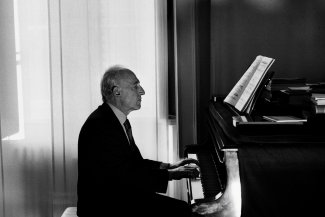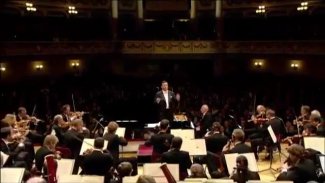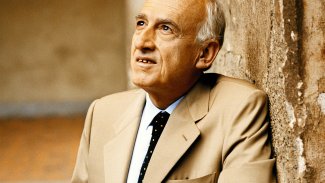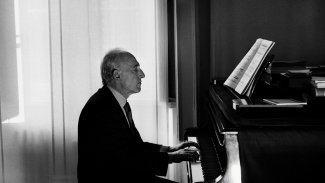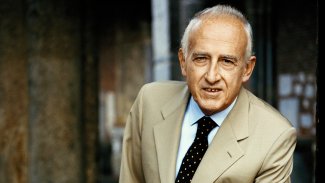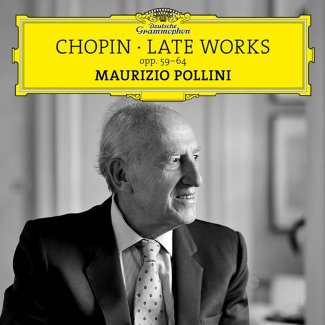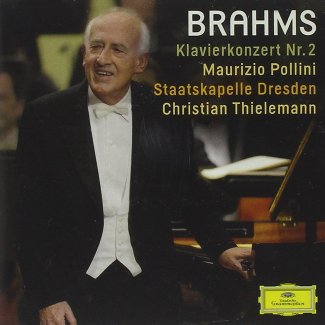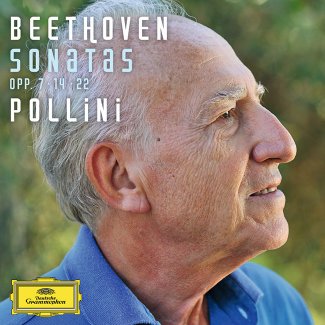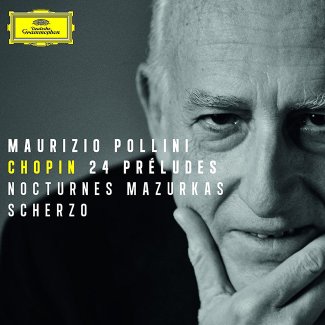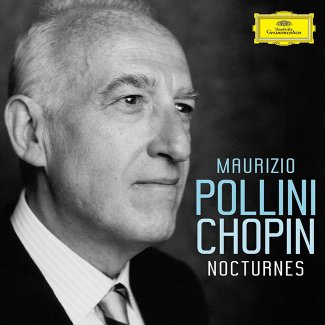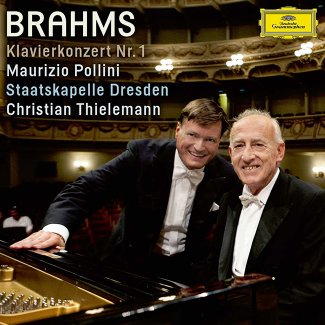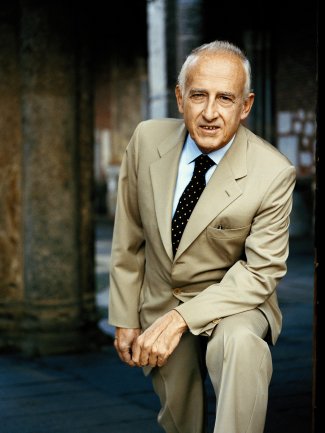
Maurizio Pollini (1942 – 2024)
Download Assets
“There are no limits to what you can do on the piano.”
Maurizio Pollini (2006)
Since winning First Prize at the 1959 International Ettore Pozzoli Piano Competition and 1960 International Chopin Piano Competition, Maurizio Pollini established himself as one of the modern era’s most legendary pianists. Working with the world’s most distinguished orchestras and conductors including Herbert von Karajan, Claudio Abbado, Pierre Boulez, Karl Boehm and Péter Eötvös, Pollini has proven himself a masterful interpreter of works both traditional and contemporary repertoire, known in particular for his gold standard performances of works by Beethoven, Chopin and Debussy amongst others.
A champion of contemporary composers, Pollini has performed many works by the likes of Pierre Boulez, Karlheinz Stockhausen, George Benjamin and Bruno Maderna, as well as given the world premiere of works by Luigi Nono (… sofferte onde serene …), Salvatore Sciarrino (Piano Sonata No.5) and Giacomo Manzoni (Masse: omaggio a Edgard Varèse).
With a deft and varied approach to programming, Pollini has curated a number of iconic concerts. In 1995, he devised and performed his own series at Salzburger Festspiele comprising both chamber and orchestral repertoire, which he subsequently extended to Carnegie Hall, Cité de la Musique and Parco della Musica. In 2010, he gave the Chopin Birthday recital as part of the International Piano Series for the Chopin 200th Anniversary celebrations. Only a year later, he presented The Pollini Project, charting the development of piano repertoire from Bach to Boulez for which he won the 2012 Royal Philharmonic Society Instrumentalist Award.
See more
A lifelong Deutsche Grammophon artist, Pollin’s discography spans swathes of the piano repertoire including many works by Chopin, Schumann, Beethoven, Schoenberg, Berg, Webern, Manzoni, Nono, Boulez and Stockhausen. His recording of Beethoven’s Diabelli Varaitions won the 2001 Diapason d’Or de l’Année, and for Chopin: Nocturnes he received the 2007 Grammy Award for Best Instrumental Soloist Performance in addition seven nominations for the same award in prior years. In 2012, he was inducted into the Gramophone Hall of Fame alongside the like of Arthur Rubinstein, Sviatoslav Richter, Vladimir Horowitz, Glenn Gould and Martha Argerich.
Pollini’s many achievements boast an impressive collection of accolades including the 1987 Wiener Philharmonie Ehrenring, the 1996 Ernst von Siemens Music Prize, and the 2010 Praemium Imperiale.
Maurizio Pollini was born in Milan in 1942 and studied with Carlo Lonati and Carlo Vidusso and received a diploma from Conservatorio di Milano.
HarrisonParrott represents Maurizio Pollini in the UK.
Contacts
Jasper Parrott Executive Chairman HP Group & Associated Companies
“…a reminder that at 76, Maurizio Pollini is still one of the greatest pianists alive”
“The older Pollini grows, the more he seems to recapture the youthful joy of playing the piano, communing with the great masters”
“After the interval the artistry with which one associates this Italian pianist came gracefully to the fore with Chopin’s two Opus 55 Nocturnes, the first singing ruminatively and the arc of the second shaped with ringing eloquence. Then came one of the most convincing performances of Chopin’s Sonata No 3 in B minor I have ever heard. The teeming ideas of the first movement were held in place by a cool structural underpinning, but it was still intensely dramatic; the Scherzo’s alternation between fleet virtuosity and tenderness, the Largo’s long lines of melody, and the finale’s explosive resolution were all delivered with oracular authority. […] Encore number two was Chopin’s Berceuse, and time stood still as exquisitely articulated right-hand figurations were thrown out over a gentle bass heartbeat. The third encore was one of Chopin’s most ferocious finger-twisters – the Etude Opus 25 No 11, which went like the wind. If the first half of this recital was worthy but unrewarding, and if the second had a conventional excellence, this third half was a reminder that at 76, Maurizio Pollini is still one of the greatest pianists alive.”
“It’s easy to understand why Pollini should have been drawn back to these late pieces, with their harmonic daring and structural subtleties. He gives a fascinating account of the Barcarolle, austere and detached, but also intensely focused.”
“Courtesy of his trademark Fabbrini Steinway, Pollini opened not with bustling Schumann, but with a tribute to the late Pierre Boulez, whose mighty Piano Sonata No.2 Pollini is an irresistible exponent of. Schoenberg’s Six Little Piano Pieces proved an ideal homage to the much-missed composer-conductor, so much musical potential concentrated into brief playing times. With Pollini making every note significant and expressive, this daring start to the concert made for spellbinding listening.”
“Then Chopin’s Preludes brought out the Pollini we’d come for. He’s had these pieces under his fingers all his life, and that was how be played them, each of the twenty-four being a different facet of one great diamond. Some let the skies darken with storms then be rain-washed clean, others purveyed charm and excitement, menace and fury.”
“The first half of the concert was given over to Schumann, and it showed the kind of insight into this complex composer that only a lifetime’s experience can bring. The sudden swerve to a new key in the middle of the Arabesque was given a special weight, which made this somewhat hackneyed piece seem new. One of the things that’s always marked Pollini’s playing is its urgency. It’s the sense of being pulled forward that paradoxically gives Pollini’s famously tranced, beautiful sound its special quality. One certainly felt that urgency in his performance of Kreisleriana, Schumann’s great parade of fantastic visions culled from the writings of ETA Hoffmann. The back-and-forth between charm and something darker was riveting.”
